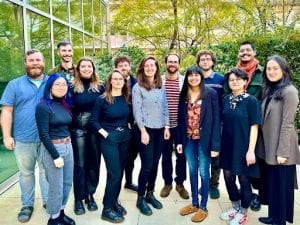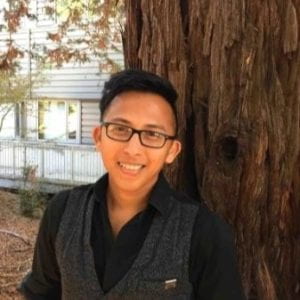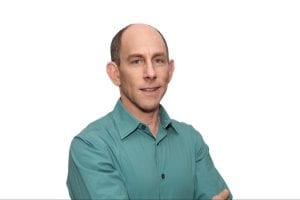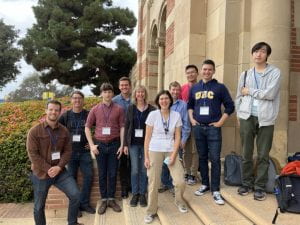Banana slugs at CAMP
On the weekend of January 28-29, several UC Santa Cruz psycholinguists presented at this year’s California Meeting on Psycholinguistics (CAMP), hosted by UCLA. The conference attendees included graduate students and post-docs from all over the state conducting research in language processing. In addition to Professors Matthew Wagers and Amanda Rysling each chairing a session, the talk schedule was infested with banana slugs:
Long talks:
- Does memory for focus structure interfere with memory for prosody? Lalitha Balachandran & Morwenna Hoeks
- Is phonotactic repair of onset clusters modulated by listener expectations? Max Kaplan
- The Subject-Object Asymmetry in Embedded Questions: Evidence from the Maze, Matthew Kogan
- Turkish relative clauses and the role of syntactic connectivity in agreement attraction, Elifnur Ulusoy
Poster talks:
- Does vowel harmony impact lexical access during reading? The view from Telugu, Vishal Sunil Arvindam
- Implicit prosodic segmentation does not affect recognition or retrieval, Lalitha Balachandran
Also in attendance were UCSC alumni Ben Eischens (PhD, 2022), Steven Foley (PhD, 2020), and Kelsey Sasaki (PhD, 2021).



